
This story was produced as part of a larger project led by Fatima Navarrete, a participant in the 2019 National Fellowship.
Other stories in this series include:

This story was produced as part of a larger project led by Fatima Navarrete, a participant in the 2019 National Fellowship.
Other stories in this series include:
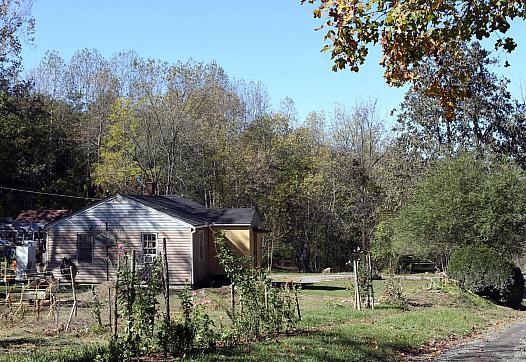
Charlee Marie Faith Ford came into the world struggling to live. After an emergency C-section at 37 weeks, her lungs failed for nine minutes before doctors revived her.
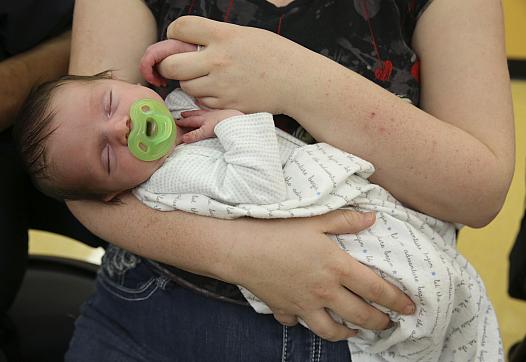
In Texas, a mother’s chance of delivering her child by cesarean section and a baby’s chance of experiencing health problems early in life have a lot to do with the place she gives birth.
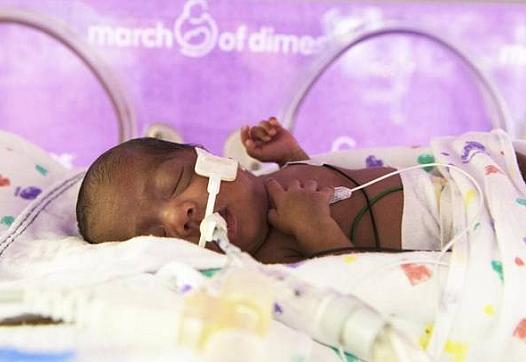
Black babies in Wake County are six times more likely to die before they reach their first birthday than white babies.
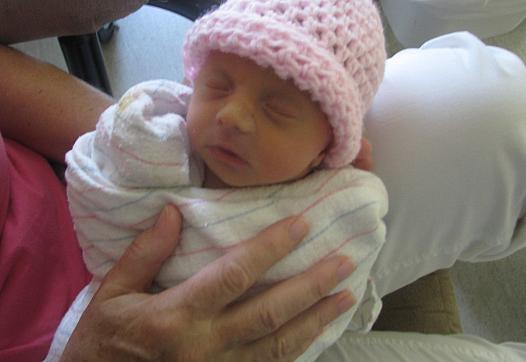
The consequences of prenatal alcohol exposure include devastating, long-term conditions that range from difficulty learning to mental and physical disabilities and brain damage.
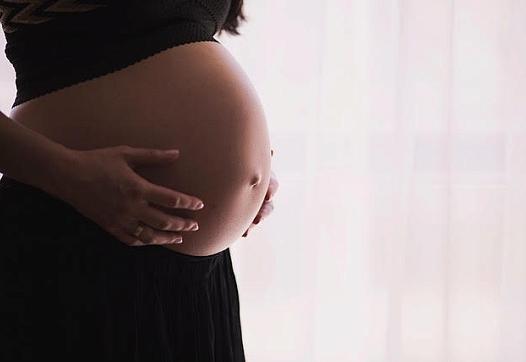
"My reporting will explore what medical professionals think of California’s strategies to reduce maternal mortality rates, and whether similar strategies could work nationwide," writes CNN Health's Jacqueline Howard.

In a small clinic in Fresno, California, a gynecologist says the use of marijuana among his patients is not new. More than half of the pregnant women who come to his clinic consume marijuana. “At least, three out of 10 of those patients are Hispanic.
North Carolina's high infant mortality rate has been the topic of official state reports and politicians' denunciations since I've been a reporter here — more than 20 years.
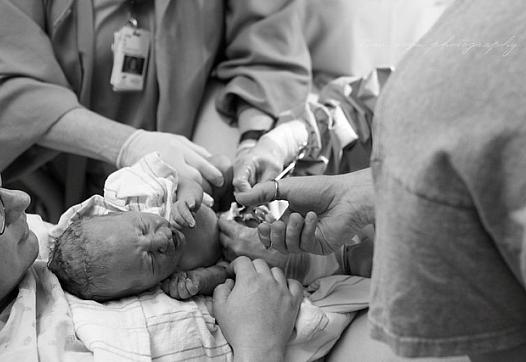
While maternal depression has been widely covered in recent years, we don't often talk about the emotional trauma and devastation mothers can face from a difficult labor and delivery.
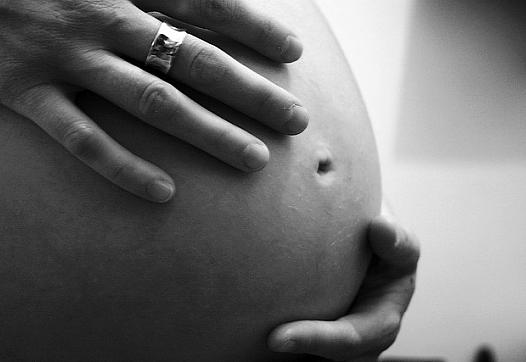
How can you find out if hospitals or health centers near you are doing enough to ensure good maternal health? Start by pretending you are a first-time mother in crisis.